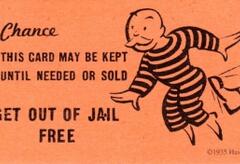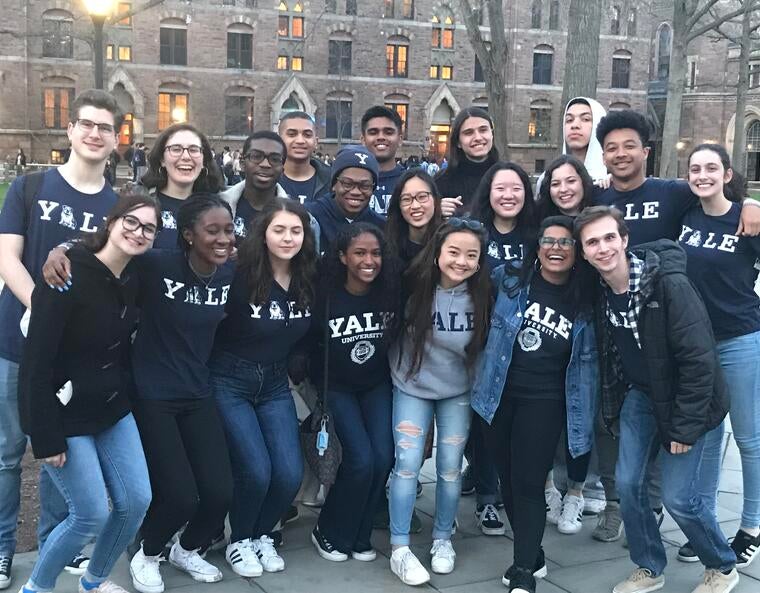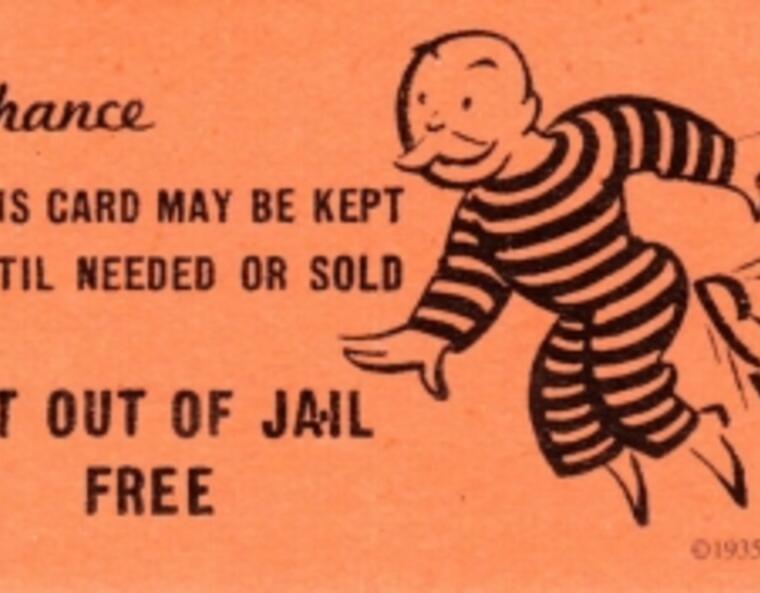
There were a lot of things that drew me to Yale, but one of the main pulls was the unique major in Ethics, Politics, and Economics (EP&E). Only a few schools have this specific interdisciplinary major, so it ends up being one of the things that attracts students (like me) who are curious about the disciplines. The major intrigued me because I didn’t want to feel too limited by any major that I chose — plus, I think all three of these subjects are important if you’re going to work in public policy, as I planned to do. Still, I didn’t really know much else about the major (or what a major even was, honestly), so I figured I’d make a guide for anyone who might be interested.
To start, a major is a set of class requirements that you need to take in order to graduate with a degree in your discipline. For example, in three months, I will (hopefully) graduate with a Bachelor of Arts in Ethics, Politics, and Economics. You used to have to apply to the major, but now the major is open to anyone who has fulfilled the prerequisites. Much easier!
So what are the prerequisites? They’re introductory courses in ethics, political philosophy, political science, and economics, among a few others. I saw them as a way to test out fit between myself and the major — if I found myself not enjoying one of the subject areas, then maybe I just wanted to focus on the others in a different major (e.g. Political Science or Economics, or both). Once you’ve completed the eight introductory courses, you can officially register for the major, getting preference when applying for courses listed under the EP&E Major.

My (somewhat) hot take: I very much enjoyed the EP&E prerequisites!
After this, you take three core courses — one course covering the “classics” of EP&E, and two more from the three areas (for example, I took an ethics seminar and an economics seminar). The final step is your area of concentration, which you define in consultation with the program’s director. This is where you’ll take two classes across Yale (EP&E or otherwise) related to the problem that you’ve defined, then write your senior essay on the topic. For example, I’ve decided to concentrate in “Abolitionist Approaches Criminal Legal Reform”. I took two excellent classes — “Morality of Reparations” and “Imagining Abolition”, and this semester I’m writing a 40-50 page essay on a criminal legal reform that was passed in Washington, D.C. I’ll say a bit more about this at a later date, once I’ve actually stopped procrastinating and started writing in earnest.

I find literally excuse (including writing this post) to procrastinate working on my thesis…
I suspect that you might care a little bit more about, why I’m glad I chose the EP&E major. Well, to begin with, I’ve found the requirements to be quite flexible. Yes, you have to take a fair number of introductory courses, but I was already interested in every one of those subjects, so I would’ve taken them anyway. Then, when it came to the core courses, I chose classes that interested me (one on business ethics and another on economic analysis of law) from a pretty wide catalog of courses that would’ve fulfilled the requirements. For my concentration, it was completely self-designed and directed, and I again took classes in an area that means a lot to me and where I ultimately hope to spend my career.
Honestly, I often forget that I even have a major in the traditional sense, because I just take the classes that sound most interesting to me. In my opinion, that’s what a major should be: not something that limits you, but allows you to explore your academic interests and dive deeper into the issues that you care about.

















